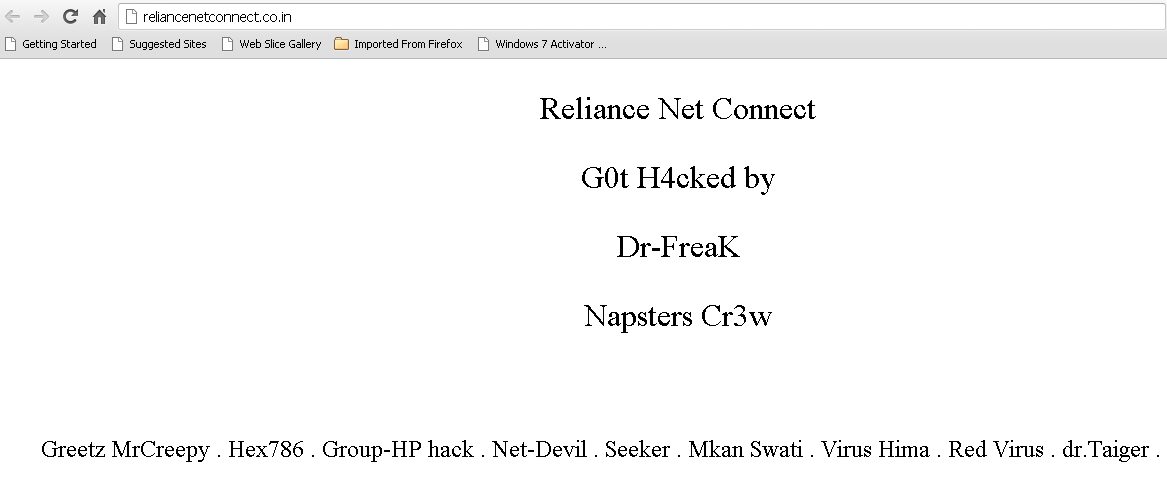Most of the time we have been hearing that Google and Apple talk up security, but
recent disclosures serve as a painful reminder of how much control mobile phone users give up when they power on their handsets.
The very nature of cloud-based software is that we’re sharing our content with a remote server. Google, Apple, and other companies just reminded us of how much we trust our content security, but the writing has been on the wall for a while.
Consumers got a big wake-up call last spring when cloud-backup Dropbox claimed its content was more secure than it really was. The Federal Trade Commission caught Dropbox saying user content was inaccessible without the password when, in reality, Dropbox itself could access the content.
Dropbox, however, is a backup service, meaning that you have a primary memory space other than Dropbox. Your Dropbox content is likely on a home computer, laptop, or another device.
But this battle for security becomes much more crucial with mobile.
How many users keep their address book on a server provided by Apple, Google, Microsoft, or RIM, the maker of the ubiquitous Blackberry? Phones may be packing more memory than ever, but the fragility of mobile devices makes us more apt to access our precious data remotely as opposed to a memory card or the device itself.
Apple iCloud, Google Sync, and Microsoft Private Cloud are all capitalizing on our fear of losing mobile data.
Compared to home computers, phones also have more companies involved in the data processing chain, limiting users’ ability to know who’s accessing their information and, more importantly, what they’re doing with it.
Recent developments offer more evidence of mobile security issues.
On Thursday, Google declared that it was working on a Chrome password generator so users can stop worrying about typing in or even remembering passwords on any device. So, in the end, Google would become the gatekeeper between you and your most visited websites, not to mention keeping a database of all your passwords
It is an ironic end to a privacy-deflating week.







